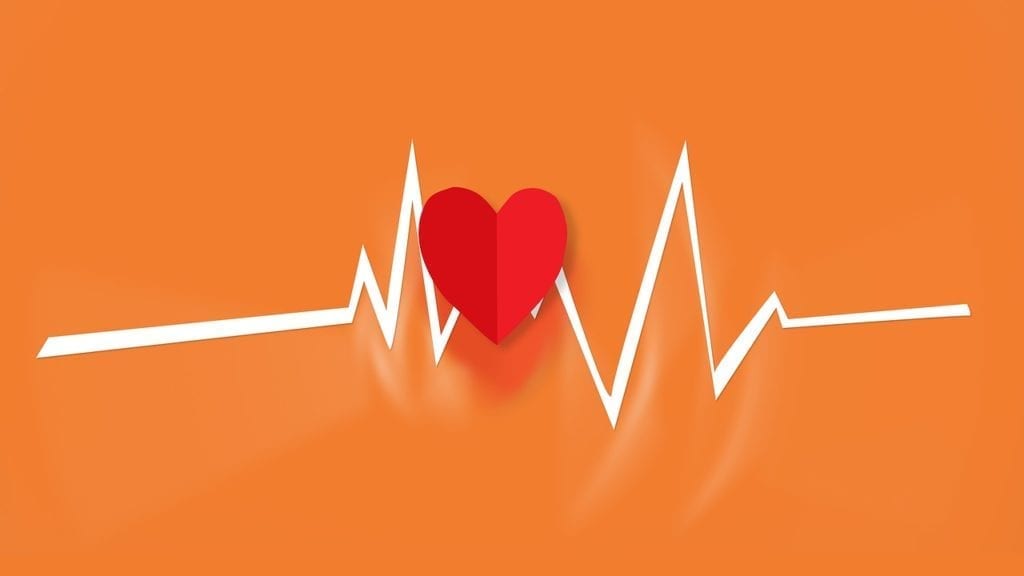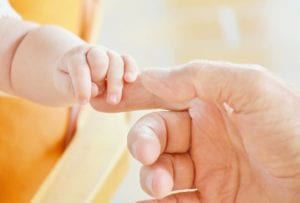Over the past 20-30 years, there have been changes in the way that the medical and scientific community views shaken baby syndrome (SBS). More recent research suggests that certain medical conditions or naturally occurring illnesses can cause brain damage that has previously been linked to SBS. Is shaken baby syndrome a “junk science,” or is it accurate?
An Evaluation of Shaken Baby Syndrome on the National Stage
Jon Robins explores the applicability of SBS in The Justice Gap in relation to the cases of Darryl Nieves and Michael Cifelli. Both Cifelli and Nieves were parents who were charged with abuse. Elizabeth Weill-Greenberg discusses Nieves’ case in The Appeal. Nieves’ son D.J. had undergone several health issues as a child, requiring two separate cardiac surgeries.
At 11 months old, D.J. had a seizure. Nieves was arrested and charged with both child endangerment and aggravated assault after a hospital pediatrician determined that D.J. had shaken baby syndrome. This was based on the commonly referenced “triad” of symptoms, which are retinal bleeding, intracranial bleeding, and brain swelling.
In January 2022, the court sided with Nieves, saying that shaken baby syndrome was akin to junk science. The prosecution appealed the case. However, Robins reports, the judges who manage appeals also declared that SBS lacked the medical and scientific backing to be used in these cases.
In particular, Judge Greta Gooden Brown noted that the biomechanics community had issues with SBS and its application in court. While the basis of shaken baby syndrome is grounded in biomechanical principles, Gooden Brown shared that research lacked the evidentiary support. A 2005 study by Bandak found that:
“An infant head subjected to the levels of rotational velocity and acceleration called for in the SBS literature, would experience forces on the infant neck far exceeding the limits for structural failure of the cervical spine. Furthermore, shaking cervical spine injury can occur at much lower levels of head velocity and acceleration than those reported for the SBS.”
While this study is from 18 years ago, and that is important to acknowledge, more recent research has made the same suggestions.
As a result of the court’s ruling, many people are now advocating to improve scientific reliability within this sphere.




